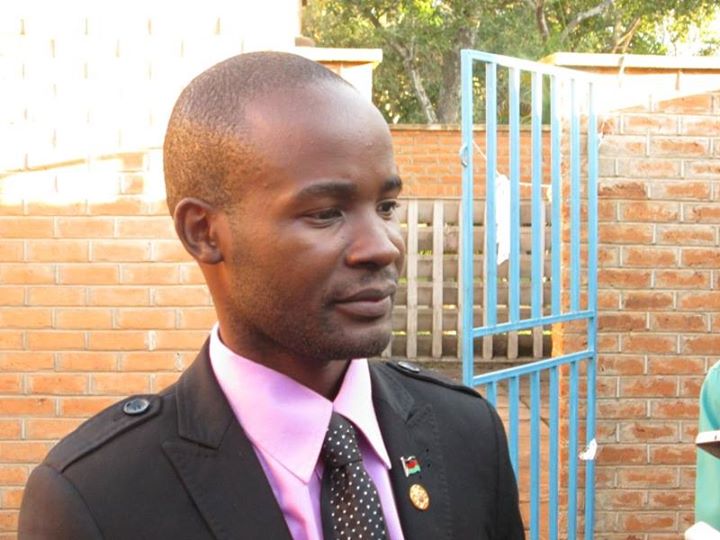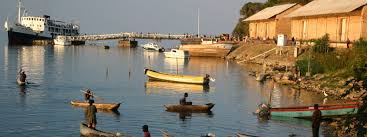Parliament’s Budget and Finance Committee Chairperson Sosten Gwengwe has bemoaned the glaring income inequalities in Malawi, warning that the situation is a potential recipe for conflict between the rich and the poor if not managed properly.
Gwengwe sounded the warning on Monday in Washington DC, United States of America (USA) on the sidelines of a 2019 Joint Annual Meeting by the World Bank and the International Monetary Fund (IMF).
The legislator, who is part of the Malawi delegation participating in various discussions at the annual assembly of the Bretton Woods institutions, took part in the Global Parliamentary Workshop hosted by the Parliamentary Network on the World Bank and IMF.
In an interview after the meeting, Gwengwe said he was at pains to highlight the continued worsening gap between the rich and the poor in Malawi.
“Income inequality erodes social cohesion in society and this is a potential source of conflict between the rich and the poor if not managed properly.”
“Solving inequalities cannot work with blanket solutions. IMF and World Bank should help fund specific interventions for specific countries.
Emphasising global value chains vis-à-vis globalization leaves out countries such as Malawi whose value addition drive is still infant, “said Gwengwe.
On possible policy recommendations to address the vice, the legislator, who has previously served as a Cabinet minister, said programs such as the social cash transfer should be encouraged while also allowing policy flexibility in African countries by institutions such as the IMF and the World Bank.
“Policy tools dealing with inequality can include international trade, taxation, managing public debt and labour laws, among others,” he said.
In an e-mail response on the same, Economics Association of Malawi (ECAMA) executive director Maleka Thula yesterday said that recent statistics show that income inequality has worsened in the country compared to five years ago.
“This means that the economic growth that we have registered as a country over the past five years has only benefited the few while the majority have become even poorer,” said Thula.
“It is not even surprising to see that poverty has increased in the same period. There is a need therefore for authorities to come up with policies such as social cash transfers that will ensure that resources are distributed to benefit the less privileged.”
He shared Gwengwe’s sentiments that the rising gap between the rich and the poor in Malawi leads to social conflicts while also culminating into low aggregate demand for goods and services and hence slow economic growth.
In Malawi, wealth inequality as measured by a generic measure called Gini-coefficient has worsened over the past years, according to recent studies. Gini-coefficient refers to the distribution of money across a nation, State or specific geographic region.
If a country has a Gini-coefficient of zero, it means that the country has perfect equality in terms of distribution of wealth among its citizens while the opposite holds true if a country’s Gini-coefficient is positive one, meaning that the country has high inequality such that the national income is shared by only a few elites.
Data from National Statistical Office (NSO) shows that Malawi’s Gini-coefficient has moved from 38 percent as established in the Integrated Household Survey (IHS3) conducted in 2010/11 to 41.4 percent based on the IHS4 conducted in 2016/17.
On the other hand, the World Bank puts Malawi’s Gini-coefficient at 46.1 percent as of this year, signaling the continued widening of the gap between the rich and the poor.
Subscribe to our Youtube Channel:

.jpeg&w=60&q=100&h=60)




.jpeg&w=60&q=100&h=60)






